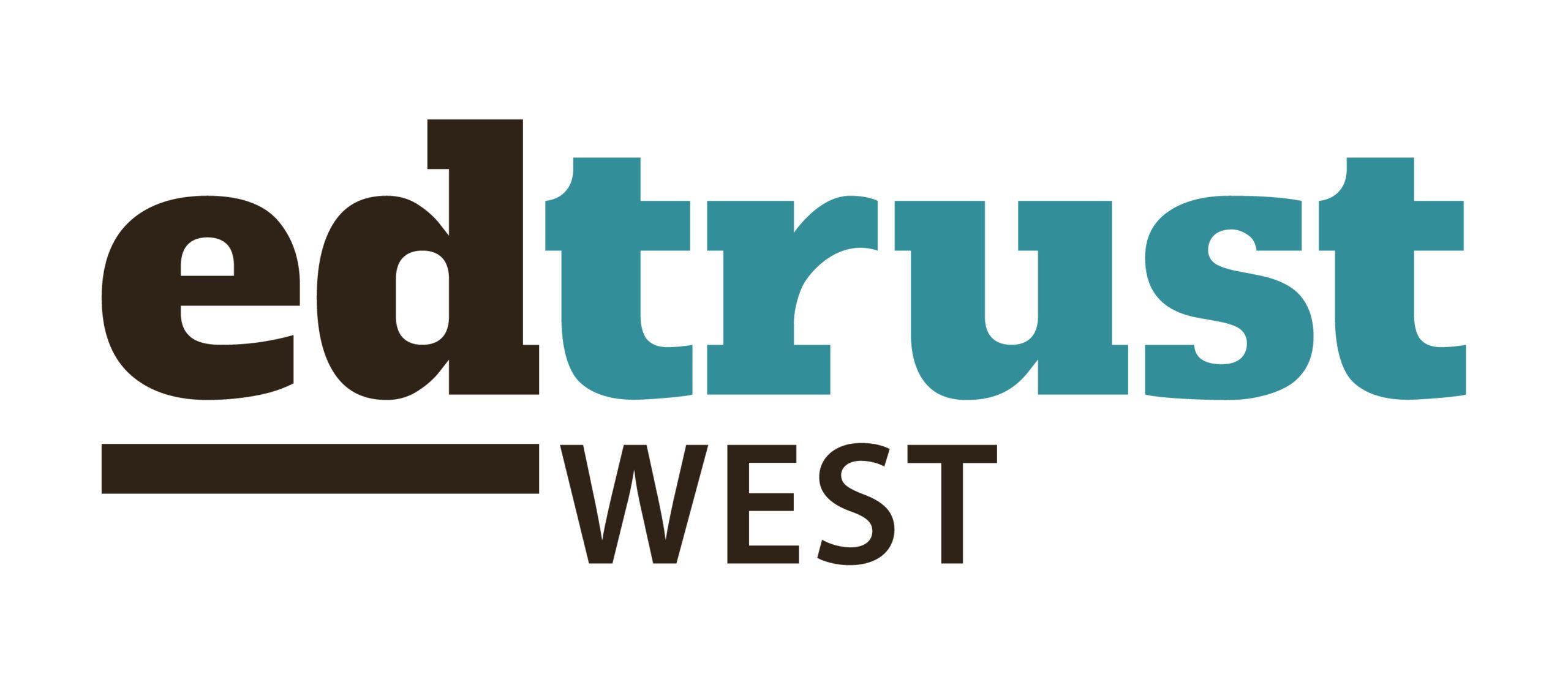Somehow, we are already a few weeks into a new year, and already getting regular reminders in the news about what an uphill battle racial equity work is. My hope is that we all took some time to truly rest in December before what will be a busy year in educational equity work. While the “circle back” jokes and memes are helpful, one of my more productive practices at the beginning of the year is also to ground myself in ways that help me focus my energy on what’s possible, achievable, and most impactful for me to spend my time on, in all the facets of my professional and personal life.
When it comes to racial equity in education, it’s clear to me that focusing on what’s impactful and possible in our current climate is crucial. And yet, I implore us to remember that pursuing what’s possible is not about watering down our efforts because of any particular political climate. It’s about being thoughtful, keeping our eyes on the goal for students – which should not change – and being as strategic as possible to get there.
So, as we kick off 2025, there are 5 things that are very top of mind for me:
Shaping the necessary evolution of the Local Control Funding Formula: LCFF came into existence more than 10 years ago. And while there have been positive impacts from the more equitable approach to distributing education dollars, our recent report shows there’s much more to be done for the funding formula to truly live up to its potential and its promise. In October 2024, EdTrust-West Director of TK-12 Policy Natalie Wheatfall-Lum testified at a joint hearing of the legislature’s budget subcommittee focused on education finance, imploring legislators to take action. We’ll be continuing these efforts, including advocating for a legislative proposal that would strengthen LCFF by providing funding to school districts to help students overcome the effects of racism that hinder their success and doing more to make sure some of this funding goes directly to schools.
How state leadership changes will affect education: The University of California is in the midst of a search for a new UC President. A new slate of state legislators – which just set a record for being almost at gender parity – is in Sacramento. The races for Governor, Lieutenant Governor, and Superintendent of Public Instruction are already heating up, in advance of the 2026 election. All of these leaders will make decisions that directly impact students – for better or worse. We’ll be closely following, and engaging, with state leaders to make sure students of color and multilingual learners are prioritized in those decisions.
Black Minds Matter 2025: Ten years ago, EdTrust-West launched the Black Minds Matter initiative. The original report galvanized advocates around a clear call to action to California leaders. Immediately following the report’s release, and in the years since, advocates across the state used the “Black Minds Matter” rallying cry to back up their efforts to get California to do right by Black students. This February we’ll be launching Black Minds Matter 2025, a renewed effort to push California leaders to take much bigger and bolder action for Black students. Stay tuned at www.blackmindsmatter.org for an updated report, additional resources, events, and more.
Making sure pathways to college and career in California can truly be a big lever for equity: For years, EdTrust-West and other advocates have championed dual enrollment as a strategy to boost success for Black, Latinx, and Native American students. Research shows how impactful these programs are for high school graduation, college affordability, and postsecondary success. This year, we’re working with California’s elected leaders on a package of legislative proposals instituting universal dual enrollment opportunities, ensuring that all students, particularly underserved students, have a seamless pathway to college.
Strengthening and sustaining advocacy work together: As we said in our latest Impact Report, EdTrust-West’s partnerships are a crucial component of the work and the wins we’ve seen for students. It’s not lost on me or EdTrust-West that there will be challenges this year, and that folks who have a vested interest in maintaining inequality will be more emboldened in fighting the work of equity advocates. It is also not lost upon us that racial equity work has always been an uphill battle, and one of the main ways we keep climbing is to do it together, and sustain and support each other. Californians who care about their communities know this, as we’re seeing the immense sense of community and mutual aid in the wake of the Los Angeles fires. Put simply, we will need to lean on each other more than ever in this work this year.
As I’ve said previously, I believe wholeheartedly in the necessity of advocacy and our power as advocates. Let’s use that power intentionally, strategically, and sustainably in 2025. Onward.


